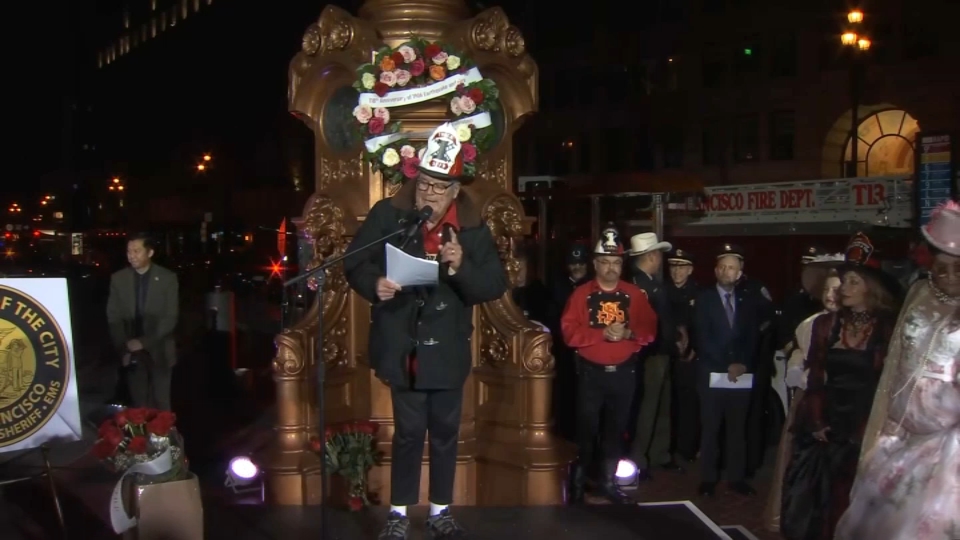There was a time not long ago when claiming paternity of electric car maker Tesla Motors was more of an admission than a boast.
Plagued by production delays, management missteps and the worsening economy, the company laid off 10 percent of its workers last year, replaced its CEO, and ran its cash balance down to $9 million. But the company says it is now on the brink of profitability and the Tesla Roadster is fast becoming a hot Hollywood status symbol, counting Gov. Arnold Schwarzenegger and actors George Clooney and Dustin Hoffman as customers.
Perhaps most important, the company has replenished its treasury with an investment from Germany's Daimler AG and a low-interest loan of $465 million from the U.S. government.
And yet, these are still not happy times in the company's executive offices in San Carlos.
Martin Eberhard and Elon Musk, the successful Silicon Valley entrepreneurs behind the company's birth, are locked in a legal dispute over who deserves the title "founder" and who was responsible for the mistakes that nearly killed the company.
Eberhard, who left the company in 2007, claims in a lawsuit filed in San Mateo County Superior Court that Musk libeled and slandered him in interviews with the media and in postings on the company's blogs. Eberhard also is suing to recover a $100,000 severance package the company took away from him for allegedly violating a non-disparagement agreement.
Finally, Eberhard complains in his lawsuit that Tesla broke its promise to deliver the second-ever produced Roadster to him -- and wrecked the Roadster assigned to him shortly in street testing shortly before it was due to be delivered.
Local
Lawyers for Musk and Tesla will ask a judge to toss out the lawsuit Wednesday.
The dispute between former chief executive Eberhard and current chief executive Musk has turned so bitter that Eberhard is demanding that a judge prohibit Musk from using the label "founder" in press releases, blog postings and other public utterances.
"Success has many fathers and failure has none," said Jim Hossack, a consultant with California-based market researcher AutoPacific. "The company is in much better shape than just a few months ago when I would have said that its prognosis was doubtful at best."
First Amendment scholars, meanwhile, say Eberhard's attempt to gag Musk appears to be a "prior restraint" request that is only granted by judges in extremely rare instances such as when publication threatens national security. Eberhard's claim tests free speech protections so much that it could backfire with an adverse ruling awarding monetary damages to Musk, the experts say.
"It's a ridiculous claim," said Mark Goldowitz, a Berkeley First Amendment lawyer who said it is rare that a judge orders a party to refrain from publishing opinions such as defining a "founder" of a company. "This is a personal public relations dispute and not something a court usually wants to resolve."
Disputes between outsized egos over credit for successful startups have occurred before in Silicon Valley, but few make such far-reaching and varied legal claims that are contained in Eberhard's lawsuit.
The lawsuit seeks not only to gag Musk but also compel him and the company to publish statements in specific major media outlets such as The New York Times that Eberhard and Marc Tarpenning are the only true founders of the company, which they incorporated in 2003.
Musk, who made millions with the sale of his company PayPal to eBay Inc. for $1.5 billion in 2002, joined Tesla the following year as chairman when he invested $6.35 million of the $6.5 million the company raised in its first round of funding. Musk said in court documents that he has invested $75 million in Tesla so far.
Musk argues that Eberhard's tenure as chief executive from 2004 to 2007 was so disastrous that it has taken him two years of 100-hour workweeks to remake the company. He said in an interview Tuesday that investments alone did not make him a "founder," but that his full-time commitment during the last two years to turn around a company gives him claim to the label.
"We had to basically rebuild the company," Musk said. "He did a lot of things that were to the detriment of Tesla."
Eberhard's lawyer, Yosef Peretz, would not comment or make Eberhard available.
But in his lawsuit, Eberhard blames Musk for many of the cost overruns that plagued the company during his tenure as chief executive. Eberhard claims that Musk became distracted by minor details such as what kind of door latches to install rather than involve himself in core production issues.
Eberhard and Musk have been trading vitriolic barbs in the media and on blogs since Musk allegedly forced Eberhard from the company in 2007. Musk today, as he did then, maintains that Eberhard nearly ran the company out of business by selling for $92,000 a car that cost more than $140,000 to build.
Their dispute has generated widespread online debate and divided loyalties among alternative-fuel enthusiasts and car buffs who follow Tesla as closely as technology buffs track Apple Inc.
There's no question that Eberhard and Marc Tarpenning, who made millions in 2000 when they sold their e-book company NuvoMedia to Gemstar-TV Guide International Inc., launched Tesla Motors in July 2003. Eberhard named the company after Nikola Tesla, a prominent electrical engineer and contemporary of Thomas Edison.
"I find it weird that he thinks he's a founder," said Tarpenning, who added that Musk's involvement with the company was nonetheless vital to its creation. Tarpenning, who left Tesla last year but still retains an ownership interest, said he remains on "pretty good terms" with both men but could not care less about the "founder" label.
"They are sort of dwelling on the past," Tarpenning said. "I wish they would just shake hands."



